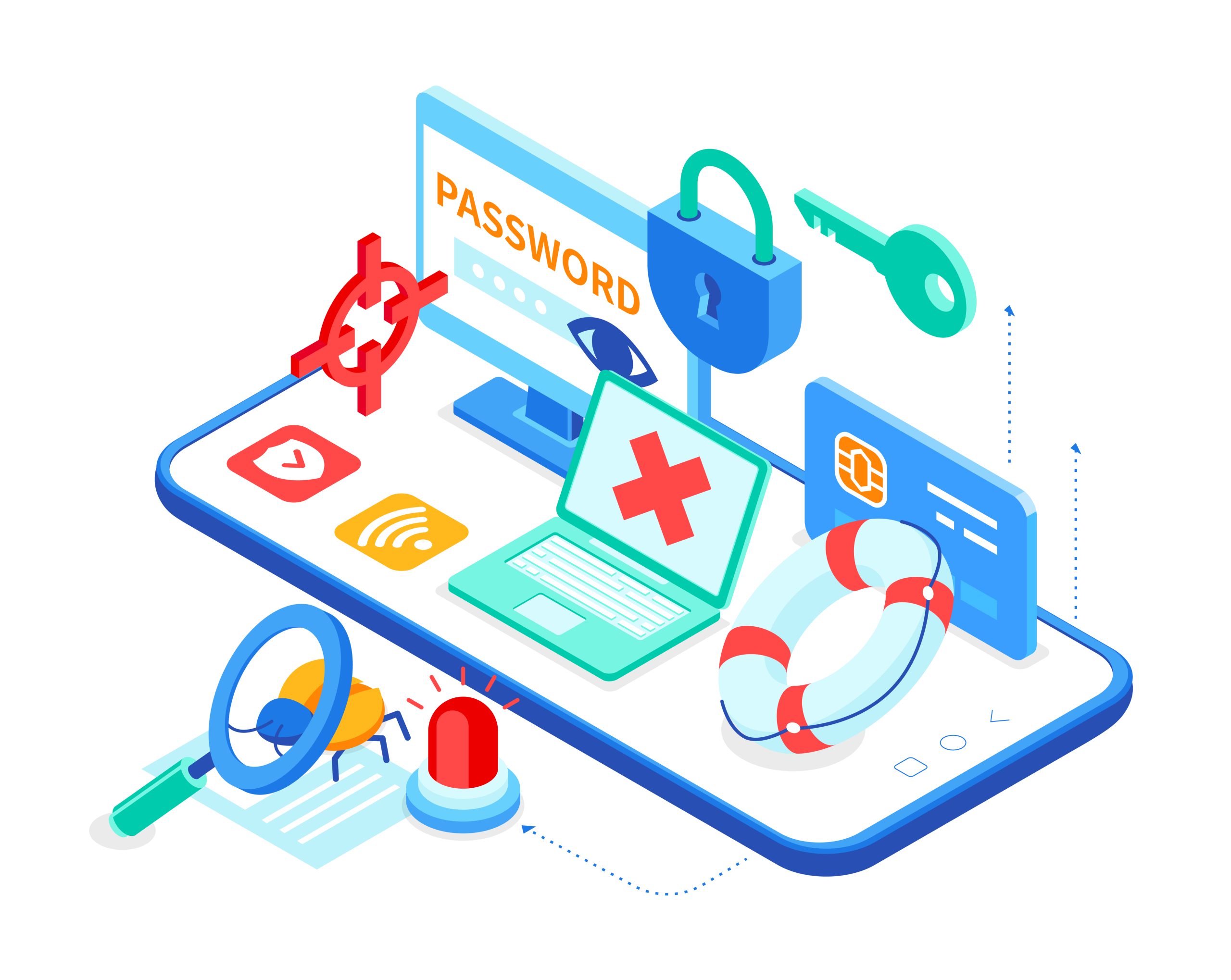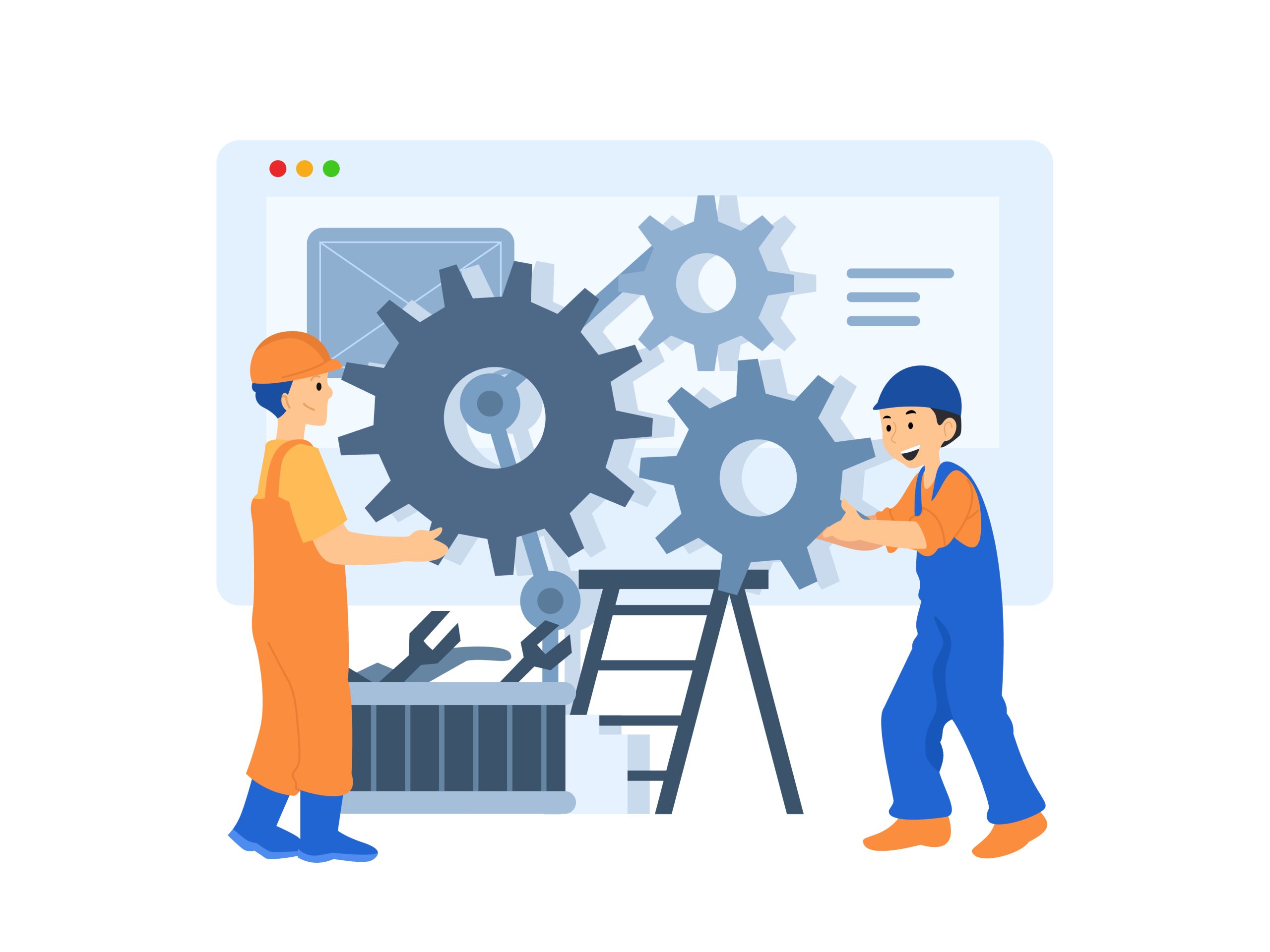Website Security 101: How to Keep Your Website Secure
 Justin Young
Justin Young
- brute force attacks
- cross-site scripting (XSS)
- cyber attacks
- cyber threats
- data breaches
- hacking attempts
- HTTPS encryption
- malware infections
- malware scanners and removal tools
- online security
- outdated software vulnerabilities
- phishing attacks
- regular software updates and patches installation
- secure data transmission
- SQL injection attacks
- SSL certificates explained
- strong password policies
- trust indicators for visitors
- user access controls
- web application firewalls (WAFs)
- web security
- website protection
- website security
- website security services providers
- website vulnerabilities

Introduction: Understanding the Basics of Website Security
website security, web security, online security, website protection, cyber threats
Website security refers to a set of practices and techniques aimed at protecting websites from unauthorized access and data breaches. These measures ensure the confidentiality, integrity, and availability of website resources, and are essential in today's world of increasing cyber threats.
To maintain website security owners must stay informed about the best practices and implement robust authentication mechanisms, encryption protocols, and regular vulnerability assessments. Keeping software up-to-date is also crucial in safeguarding against emerging threats.
By investing in proper website protection measures and remaining vigilant, businesses can minimize the risk of data breaches or other cyber attacks that could harm their reputation or lead to financial loss.
Here, we'll explore the basics of website security, including common cyber threats that websites face and effective strategies to protect against them. Whether you're a business owner or an individual concerned about your personal online security, this section will provide valuable insights into building a secure web presence.
The Impact of Cyber Attacks: Why Website Security is Crucial
cyber attacks, data breaches, website vulnerabilities, malware infections, hacking attempts
Cyber attacks not only jeopardize sensitive data but can also result in financial losses, reputational damage, and legal liabilities. With increasingly sophisticated hacking techniques and a growing number of website vulnerabilities, organizations must prioritize their security measures.
Website vulnerabilities can enable cybercriminals to exploit weaknesses and gain unauthorized access to sensitive information. In addition, malware infections can spread rapidly through compromised websites, causing significant harm to users' devices. The potential consequences of a successful cyber attack underscore the need for robust website security protocols.
Investing in comprehensive website security measures is essential to combat cyber threats. This includes implementing strong authentication mechanisms, regularly updating software and plugins, conducting vulnerability assessments, and utilizing advanced intrusion detection systems.
Prioritizing website security can help businesses safeguard against costly data breaches and reduce the risk of reputational damage. It also demonstrates a commitment to customer trust by ensuring their personal information remains secure.
To mitigate common website security risks such as phishing attacks and SQL injection attacks, it is crucial to keep up to date with the latest security measures and implement them effectively.
Common Website Security Risks and How to Mitigate Them
phishing attacks, SQL injection attacks, cross-site scripting (XSS), brute force attacks, outdated software vulnerabilities
Ensuring website security is of utmost importance as cybercriminals employ various tactics to exploit vulnerabilities and gain unauthorized access to sensitive information. Among the most common types of attacks are phishing attempts, where hackers try to deceive users into sharing confidential details like passwords or credit card numbers. To combat these attacks, businesses should use email filters, educate employees on identifying phishing attempts, and update their anti-phishing software regularly.
Another significant threat is SQL injection attacks, where hackers exploit website database vulnerabilities to gain unauthorized access or modify data. To mitigate this risk, companies should follow secure coding practices, use input validation techniques, and parameterized queries.
Cross-site scripting (XSS) is another vulnerability that attackers exploit by injecting malicious scripts into web pages viewed by unsuspecting users. To prevent XSS attacks, businesses should regularly patch and update web applications, sanitize user input data, and enforce content security policies.
Brute force attacks involve automated attempts to crack passwords by systematically trying different combinations until successful. To counter this, businesses should enforce strong password policies, implement account lockout mechanisms after multiple failed login attempts, and utilize multi-factor authentication.
Lastly, outdated software vulnerabilities pose a significant risk as hackers often exploit known weaknesses in obsolete versions of content management systems or plugins. To prevent such attacks, companies should update their software regularly with the latest patches and security updates.
By being aware of these common website security risks and taking proactive measures through technical measures and user education, businesses can significantly enhance their website's security posture and protect sensitive information from falling into the wrong hands.
SSL certificates are crucial in website security as they encrypt the data exchanged between a website and its users, ensuring that any information shared on the website remains confidential and cannot be intercepted by third parties. Using SSL certificates also helps businesses establish trust with their users by displaying the secure padlock icon in the browser's address bar, indicating that the website is safe to use.
The Role of SSL Certificates in Ensuring Secure Connections with Visitors
SSL certificates explained, HTTPS encryption, secure data transmission, trust indicators for visitors
SSL certificates serve as cryptographic protocols that facilitate a secure encrypted connection between a web server and a visitor's browser. Their primary function is to establish HTTPS encryption, which guarantees that data exchanged between the web server and the visitor's browser remains confidential and cannot be intercepted or tampered with by malicious actors. This encryption offers an extra layer of protection for sensitive information such as login credentials, credit card details, and personal data.
SSL certificates are indispensable for website security as they safeguard the data exchanged between a website and its users. Furthermore, using SSL certificates helps businesses establish trust with their users by showcasing the secure padlock icon in the browser's address bar. This icon indicates that the website is secure to use and ensures that any information shared on the website remains private and cannot be intercepted by third parties.
By implementing SSL certificates on your website, you safeguard your visitors' data and provide them with trust indicators. These visual cues demonstrate that the website has taken appropriate measures to secure its connection, instilling confidence in users to interact with you.
Evaluating and Choosing the Right Website Security Solutions for Your Business
website security services providers, web application firewalls (WAFs), malware scanners and removal tools
Protecting sensitive data and build trust among your audience while improving search engine rankings is crucial for any business. Evaluating and choosing the right website security solutions can help you achieve this. Website security service providers offer various options such as web application firewalls (WAFs), malware scanners, and removal tools.
Choosing the right website security solution is crucial to safeguard your business's online presence. With the increasing number of cyber threats and attacks, it's more important than ever to select a reliable and effective provider.
A web application firewall (WAF) is one of the critical components of a comprehensive website security solution. WAFs act as a protective barrier between your website and potential threats, monitoring incoming traffic and filtering out malicious requests. When selecting a provider, look for advanced WAF capabilities such as real-time threat detection and prevention, customizable rule sets, and regular updates to avoid emerging threats.
Apart from WAFs, consider opting for a security solution that includes malware scanners and removal tools. These tools help identify any malware or suspicious code on your website and remove them promptly. When choosing a provider, look for regular scanning intervals, automatic malware removal options, and robust reporting features.
When evaluating different website security service providers, consider factors such as reputation in the industry, customer reviews and testimonials, pricing plans, customer support options, and ease of integration with your existing systems.
Maintaining Ongoing Website Security: Best Practices and Tips for Long-term Protection
regular software updates and patches installation, strong password policies, user access controls
Ensuring website security is crucial for protecting your business's reputation, safeguarding customer data confidentiality, and maintaining a solid online presence. Therefore, it's important to choose a reliable site security solution that can provide peace of mind to both you and your customers.
To maintain ongoing website security, there are some best practices and tips that you should follow for long-term protection. Firstly, it's essential to regularly install software updates and patches. These updates often contain security fixes that address vulnerabilities discovered by developers. By staying updated with the latest versions of software, so you can ensure that your website has the necessary defenses against potential attacks.
Secondly, implementing strong password policies is another essential aspect of website security. Weak passwords are an open invitation for hackers to gain unauthorized access to your site. Encourage users to create complex passwords that combine letters, numbers, and special characters. Additionally, consider implementing multi-factor authentication for an added layer of protection.
Lastly, user access controls are instrumental in maintaining website security. Limiting user privileges and granting access to trusted individuals reduces the risk of unauthorized modifications or data breaches. Regularly reviewing user permissions and revoking access for inactive or former employees can also help enhance website security.
Conclusion: Safeguarding Your Website from Potential Threats is a Necessity
In today's digital landscape; safeguarding your website from potential threats is no longer a luxury but a necessity. The increasing number of cyber-attacks and data breaches have made it essential for businesses to prioritize the security of their online presence.
Investing in robust security measures, you can protect your website from malicious attacks and safeguard sensitive customer information. Implementing firewalls, encryption protocols, and regular vulnerability assessments can significantly reduce the risk of unauthorized access and ensure the integrity of your website.
Moreover, securing your website will enhance customer trust and confidence in your brand. In an era where consumers are increasingly concerned about privacy and data protection, demonstrating a commitment to cybersecurity can set you apart from competitors.
It is crucial to remember that no website is immune to potential threats. Cybercriminals are constantly evolving their tactics, making it essential for businesses to stay proactive in their security efforts. By staying informed about emerging threats and regularly updating security measures, you can mitigate risks and protect your business and customers.
In conclusion, safeguarding your website from potential threats should be a top priority for any business operating in today's digital landscape.
Related Posts
 How Often Should You Do Website Maintenance?
How Often Should You Do Website Maintenance?
The Importance of Regular Website Maintenance Website maintenance, website upkeep, website management, website performance Managing a website involves multiple tasks, including updating content, design elements, and functionality. To prevent potential vulnerabilities, it’s crucial to keep your site up-to-date with the latest technologies, security patches, and bug fixes. Monitoring critical website performance metrics includes page load […]
 The Importance of Website Maintenance in 2024 and Why Businesses Need It For Long-Term Success: Ensuring Optimal Performance and User Experience
The Importance of Website Maintenance in 2024 and Why Businesses Need It For Long-Term Success: Ensuring Optimal Performance and User Experience
Understanding the Significance of Website Maintenance Website maintenance, website management, website performance, user experience Maintaining a website requires consistent monitoring, updating, and troubleshooting to ensure optimal performance. This involves conducting routine checks for broken links, optimizing loading speed, fixing bugs or errors, and ensuring compatibility across various devices and browsers. The significance of website maintenance […]
 Best Website Maintenance Tools for your Business in 2024
Best Website Maintenance Tools for your Business in 2024
Discover the best website maintenance tools to keep your online presence running smoothly this year website maintenance, website management, website performance, website upkeep Best Website Maintenance Tools for your website is crucial to ensure a positive user experience. A well-maintained website enables visitors to navigate quickly, find relevant information, and interact positively with your brand. […]
 How Much Does Website Maintenance Cost?
How Much Does Website Maintenance Cost?
Know website maintenance costs upfront to avoid surprises and keep your website running smoothly.
Did you know that users take only 50 milliseconds (0.05 seconds!) to form an opinion about your website? Within this short period, they decide whether or not they want to stay. Keeping your website up-to-date is a critical way to show its quality.
The Cost of maintaining a website pays off in the end because 47% of customers will visit a company’s website before deciding whether or not to make a purchase. Therefore, it is essential to ensure everything looks fresh and runs smoothly!
 10 Essential Questions to Ask When Choosing the Best Web Hosting Services
10 Essential Questions to Ask When Choosing the Best Web Hosting Services
When selecting the optimal web hosting services, asking these ten essential questions is crucial. web hosting services, importance of web hosting, choosing the right web hosting provider, website performance Choosing the right web hosting provider is crucial for ensuring that your website is accessible to users at all times. They provide the necessary infrastructure and […]